Give them time
Find out what you can do as a parent to help your child’s development.
Here are our top ten tips
Sources
Anne Marie McKigney, Consultant Child Psychologist, Aneurin Bevan University Health Board.
Dr Heather Payne, Consultant Paediatrician, Senior Medical Officer for Maternal & Child Health, Welsh Government (April 2020).
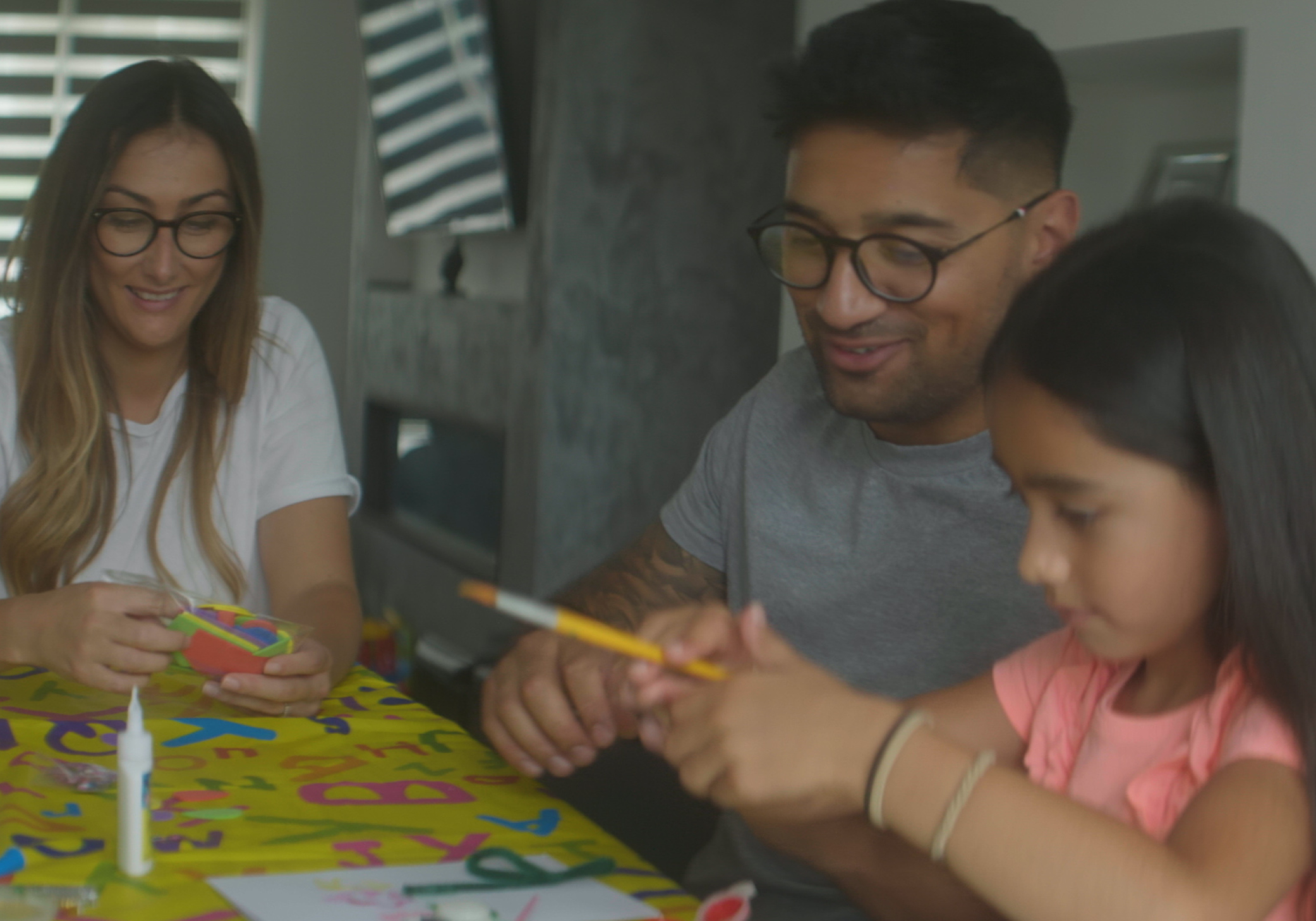
Understanding what type of parent you want to be so you can have the best relationship with your child
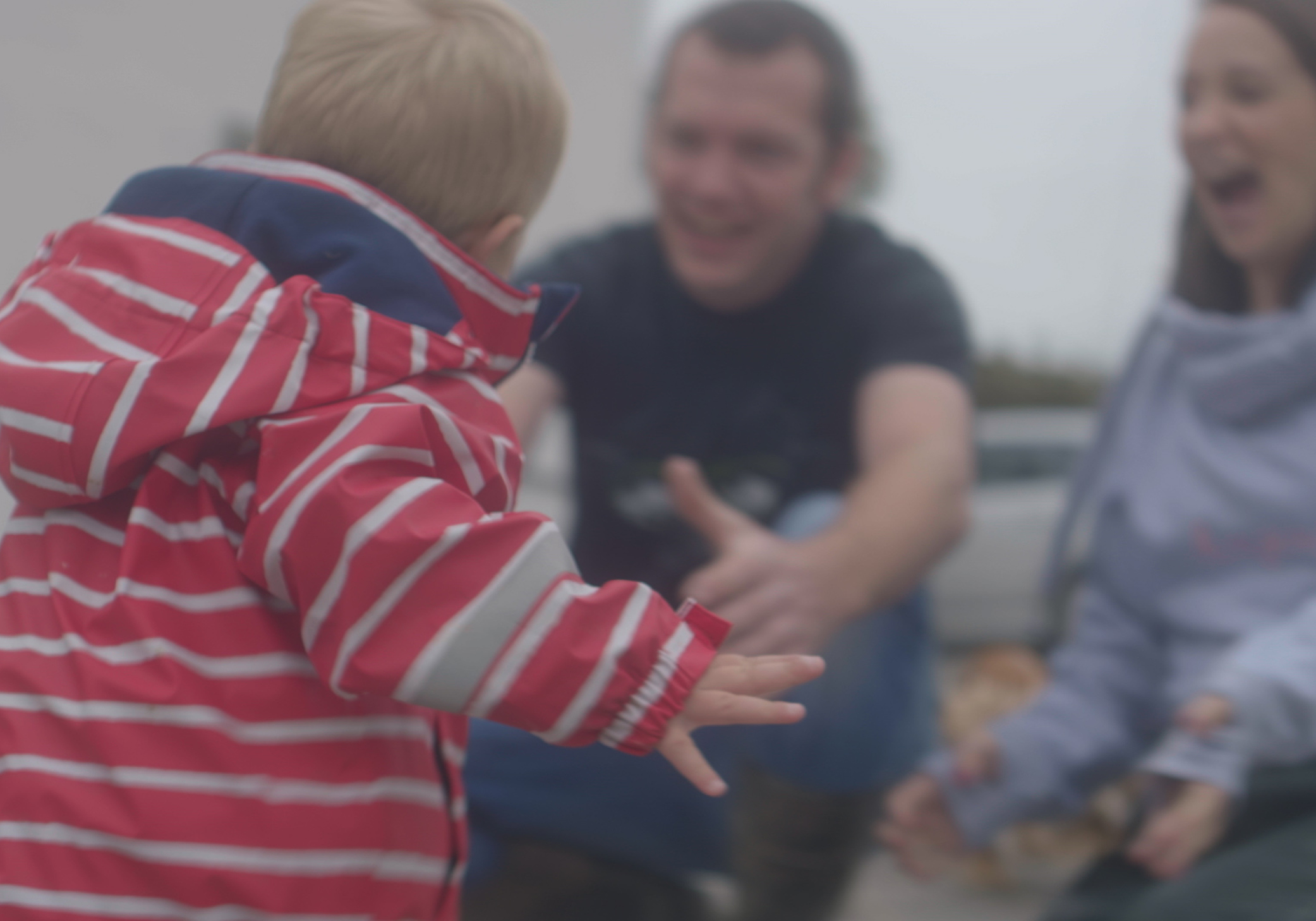
How you can take time to praise your child to develop their confidence and self-esteem
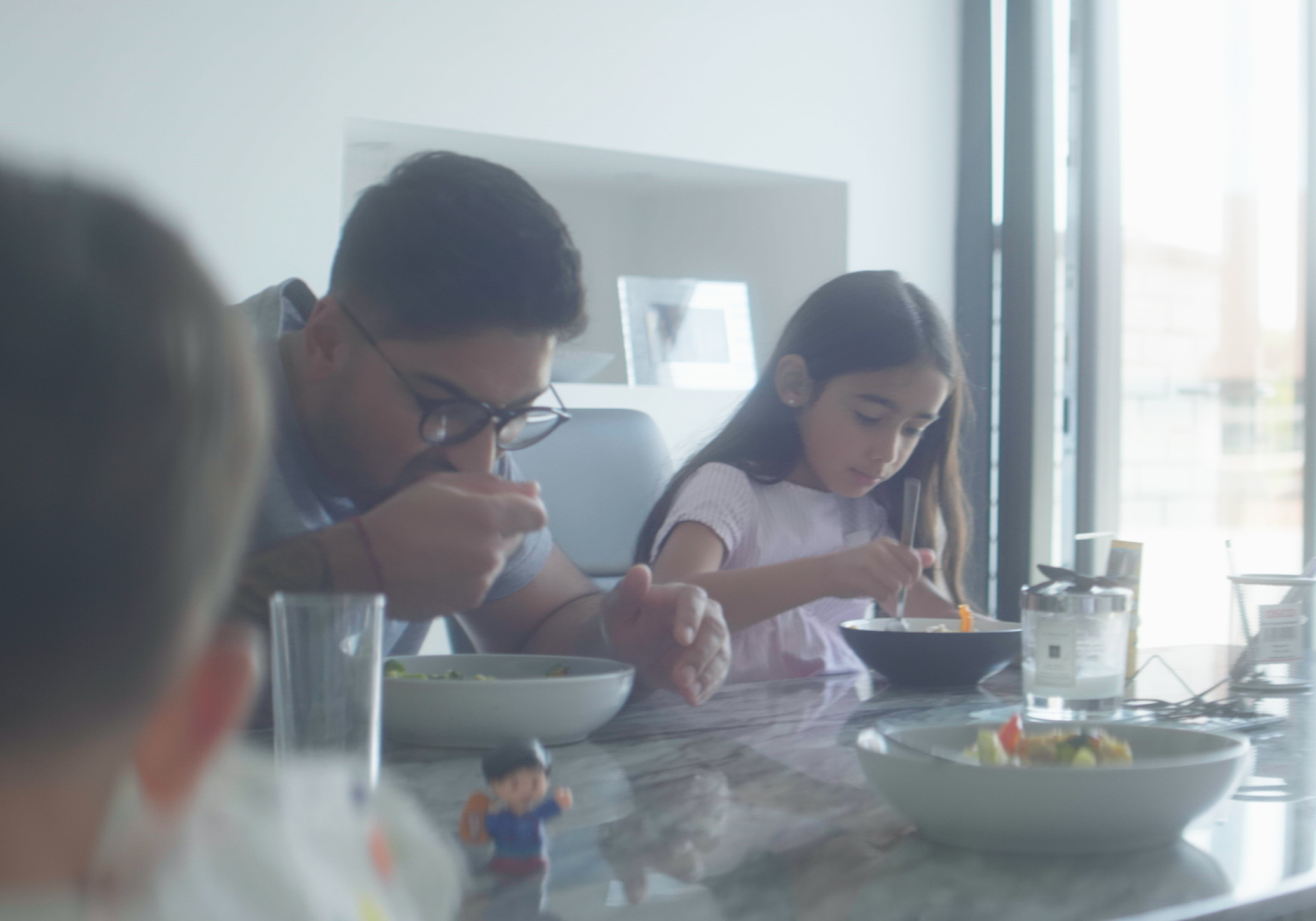
Help to set structures and routines and understanding how this can benefit your child
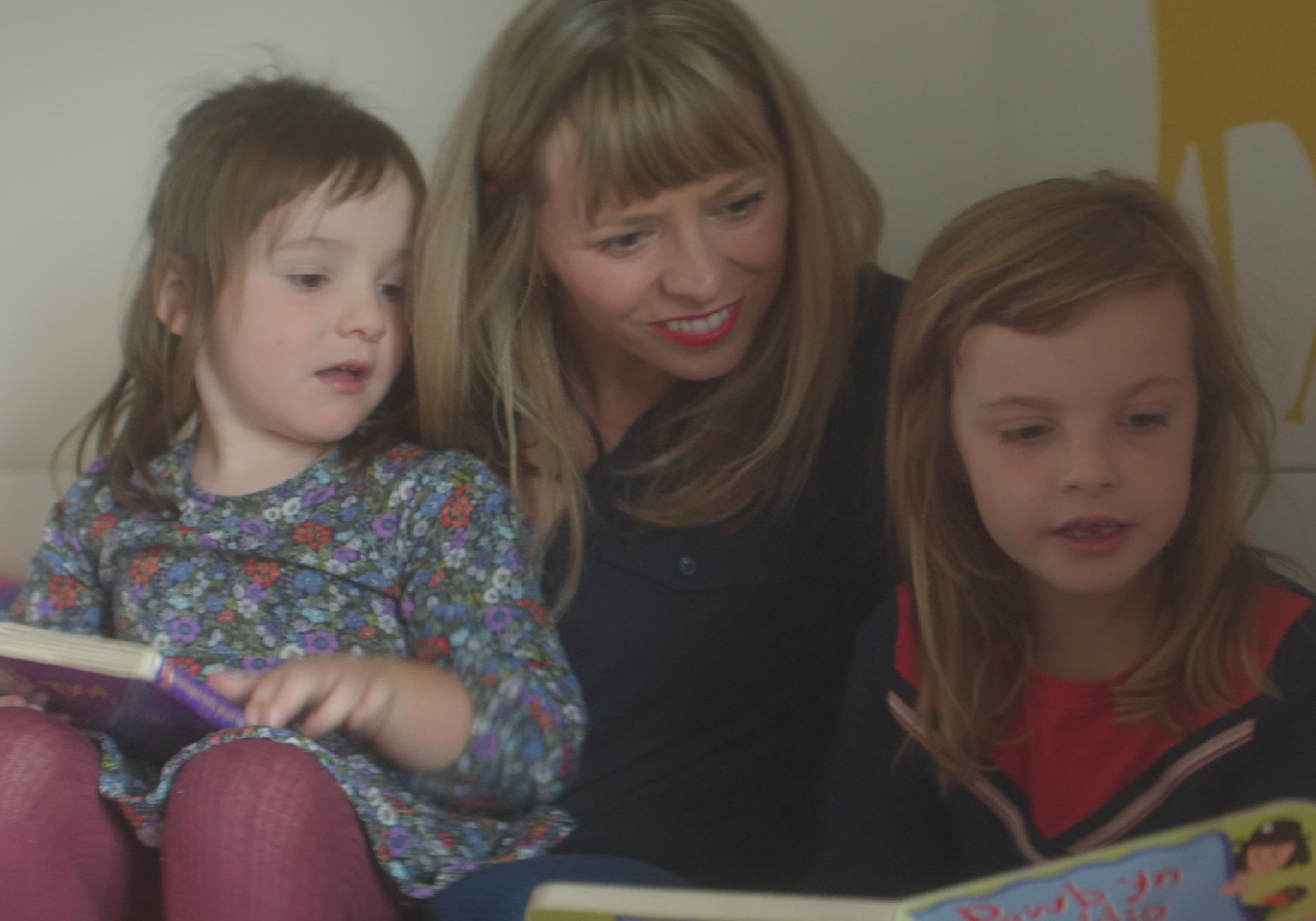
Ways you can talk, listen and play with your child to help them develop well
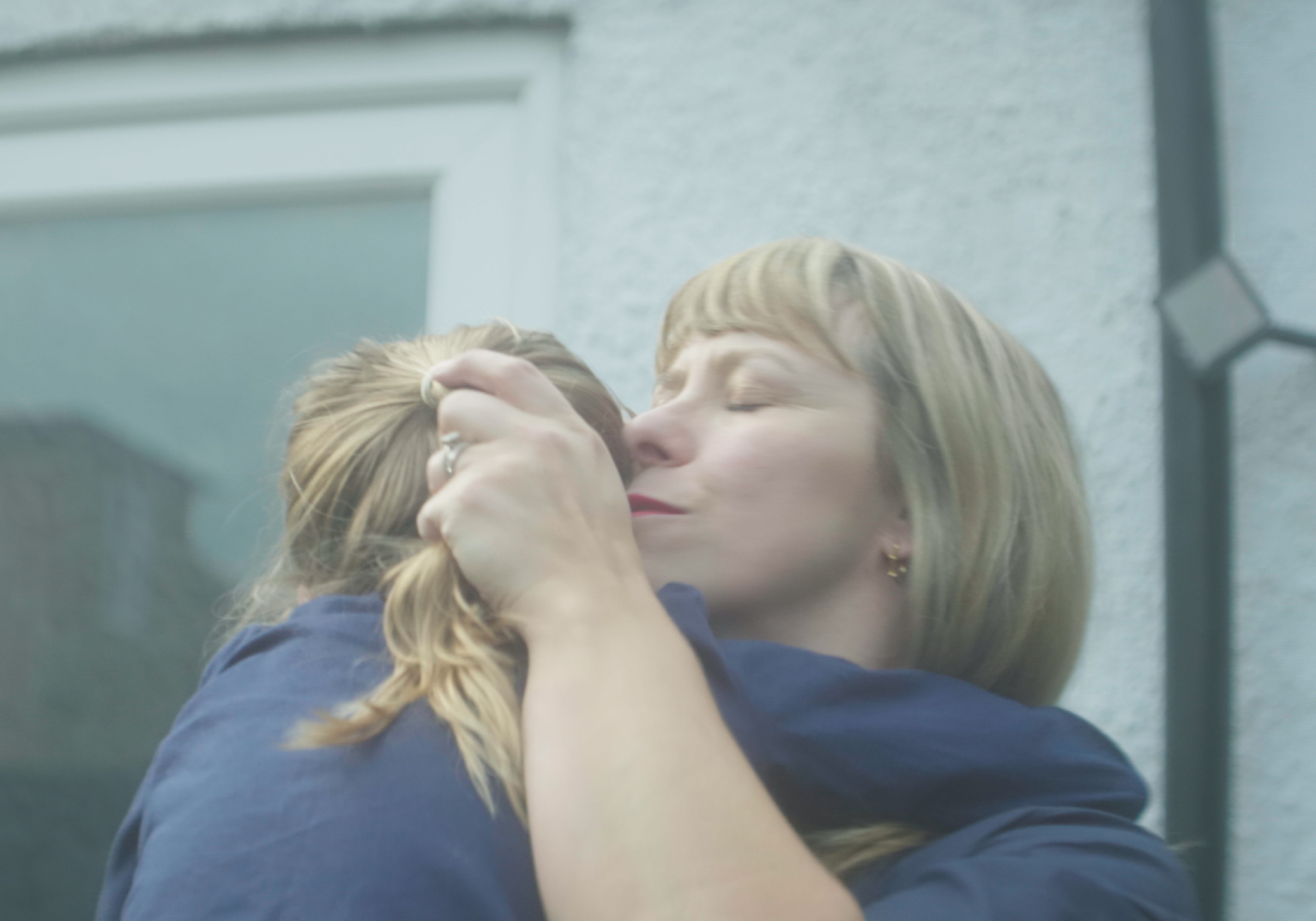
Understanding the importance of showing love and affection to your child from birth
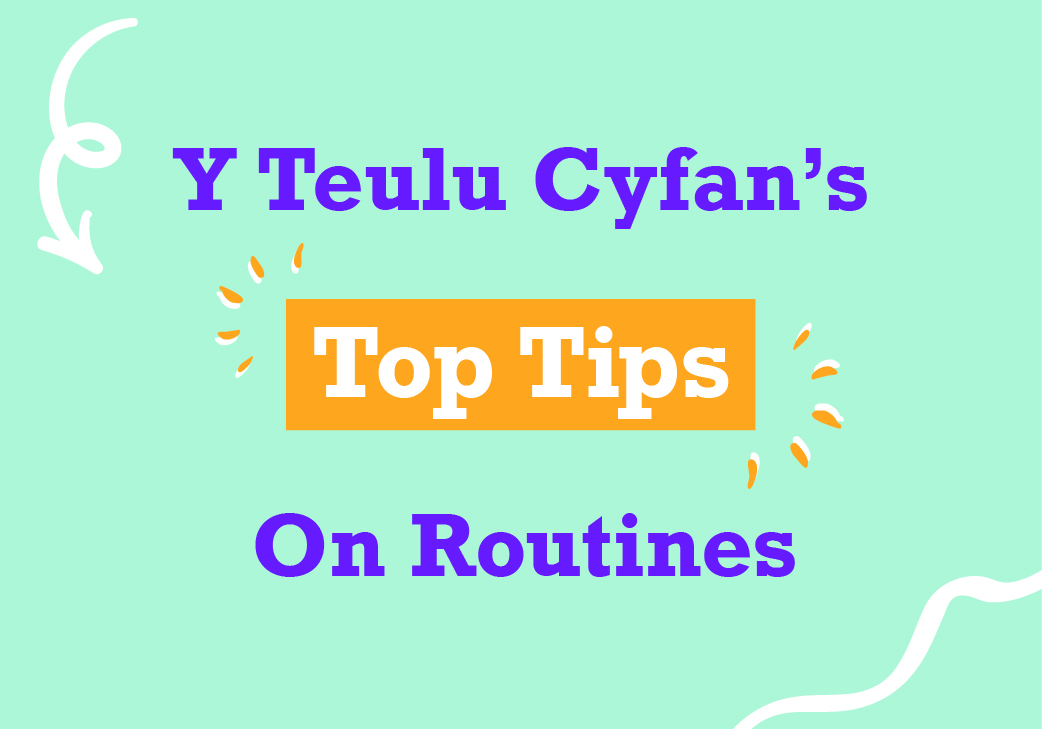
Here are a few top tips for making routines fun and effective.

Here are a few of our top tips on how to limit screen time, with as little stress as possible.
